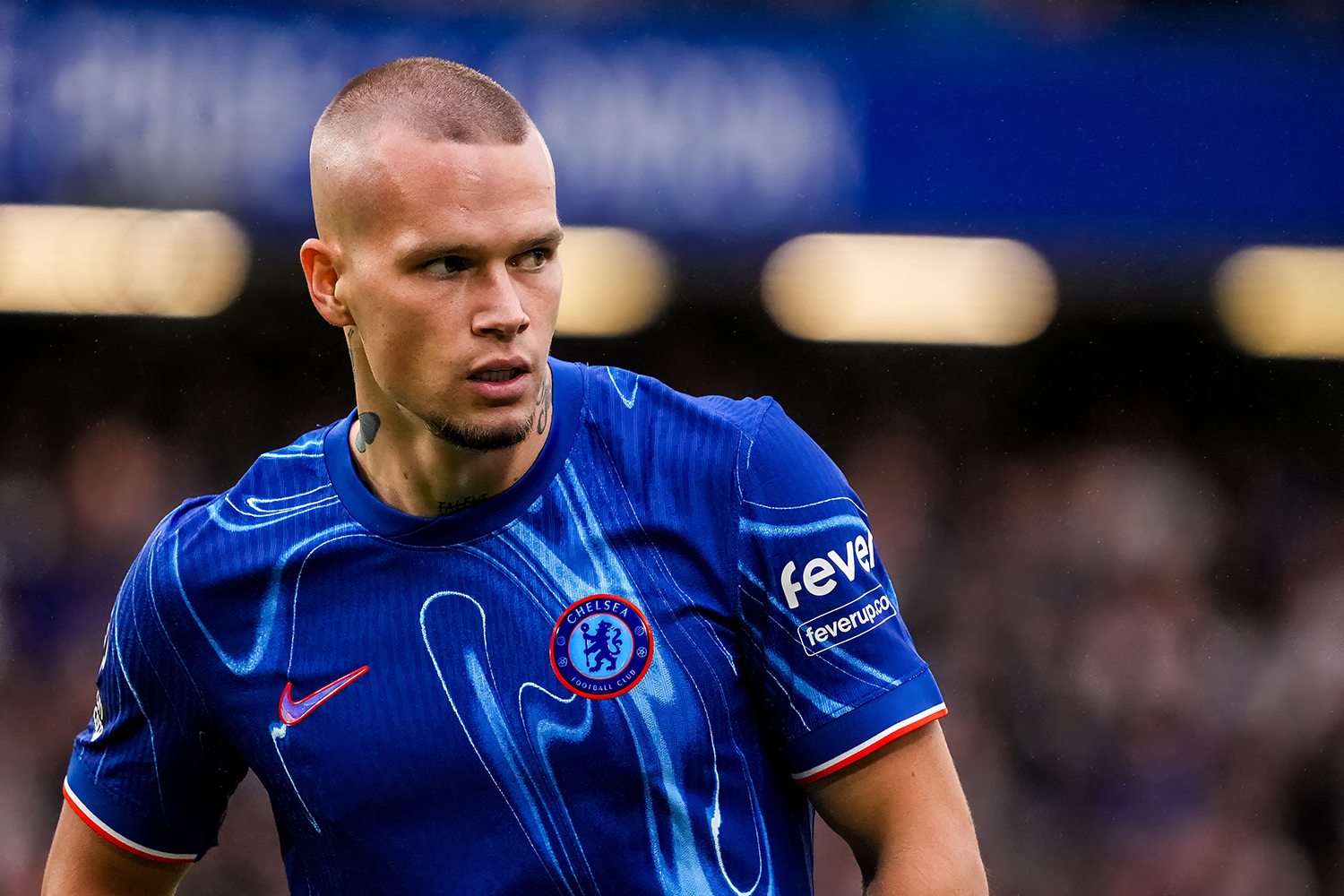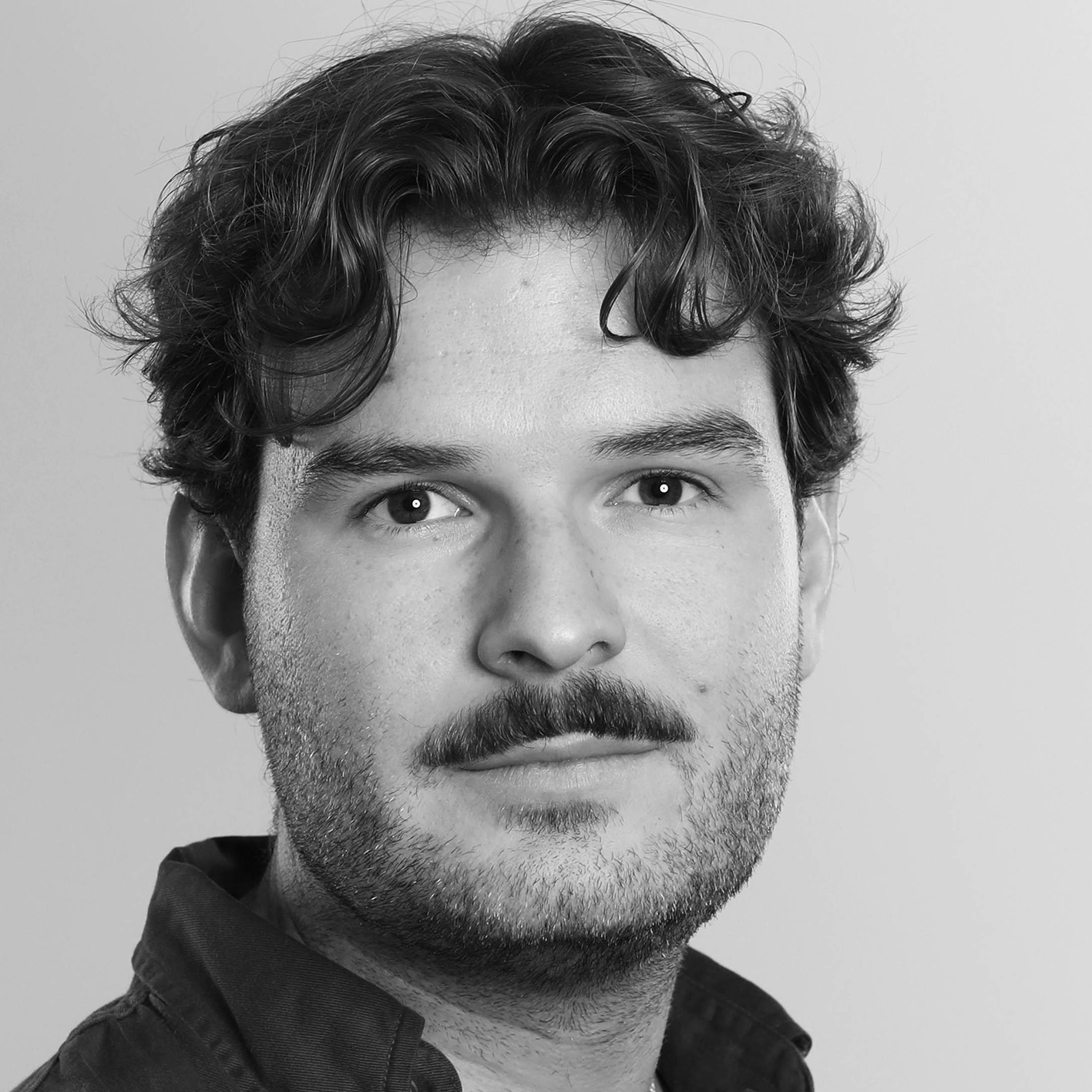Mykhailo Mudryk is a man of many mantras. They’re daubed onto his chest and neck, littered throughout interviews and across his Instagram making wildly varying degrees of sense, the Ten Commandments by your Facebook-pilled aunt.
There are the classics of his devout Orthodox Christianity: “Only Jesus”, “human clock – is always in a rush, God’s clock – is always on time”, “Dear God – if today I lose my hope, please remind me that your plans are better than my dreams”. There’s the novelty plaque wisdom: “If you want to make the wrong decision, ask everyone”, “Everything is beautiful, At right time, A school bell sounds Annoying, At 8:00am but beautiful at 3.00pm [sic]”.
Then there’s “metsuki sutemi”. Supposedly Japanese but actually a meaningless AI fabrication, the most reliable definition comes from a Kazakh real estate agent on LinkedIn – “the gaze of one walking toward death”. The Gospel of Mudryk preaches patience and perseverance, constant sacrifice in search of a utopian future.
Given his unique, uncomfortable existence since leaving Ukraine for the first time at 22 with £25m of his initial £62m transfer fee donated to the war effort, his faith in the value of forfeiting short-term joy is understandable, if not necessary. He joined a Chelsea side mid-season with so many players some had to get changed in the corridor, in their worst season this century. He didn’t speak English and lived alone. He didn’t score for nine months.
The “Lost in Translation” vibe of his sporadic Instagram posts are the clearest window into a hermitic life, practicing backhands in an indoor tennis centre alone, eating ramen alone, praying alone in vast Orthodox churches, reposting drone strike footage alone.
One constant trend, both at Shakhtar Donetsk and Chelsea, is late nights in the gym. What started as a perceived show of dedication in the face of adversity became so unhealthy the club had to ask him to slow down.In an uncontrollable world, he believes he can control his physical conditioning, that footballing salvation will be achieved by being as fit as humanly possible, with his effort matching his spiralling desperation.
His return to Chelsea training 10 days after Euro 2024 was praised as proof of some monster mentality rather than a cry for help.
You can learn a huge amount about Mudryk’s failing Chelsea career through this misguided obsession with fitness and health. At Shakhtar, being fitter than everyone else meant being better than everyone else. Combined with extraordinary natural acceleration and change of direction, he could largely ignore tactical nuance.
And so it follows that he thought he could break the Premier League by simply working harder, getting bigger and faster and stronger. The heavier the squat, the better chance he had of scoring at Brentford. It might seem somewhere between futile and ridiculous, but when it’s all he had known, what else was he expected to think? Even if he had managed to appreciate the value of deeper tactical understanding, making sense of four managers in two years while learning English cannot have eased his education.
Then, last December, Mudryk disappeared. Enzo Maresca told the media he was ill. Players asked where he was in training, and weren’t given a straight answer. It transpired he had tested positive for meldonium, a banned heart medication concocted by the Soviet Army in the 70s, for which Maria Sharapova was banned for two years after testing positive in 2016. He was formally charged with violating anti-doping regulations last week, seven months after being provisionally suspended.
Newsletters
Choose the newsletters you want to receive
View more
For information about how The Observer protects your data, read our Privacy Policy
There are three vaguely feasible theories behind Mudryk’s failed test.
One, which he strongly denies, is that in the search for constant physical betterment, via the warped priorities of a warped life, he believed doping was the only way to improve. A second is that one of the many doctors or trainers around him in London or Ukraine prescribed him it without full explanation. The final conspiracy centres on Violetta Grachova, a Russia model influencer who reportedly dated Mudryk late last year. She has been accused of doping Mudryk on behalf of Russia to discredit one of the leading Ukrainian athletes, and strenuously denies the allegations, writing on Instagram: “I didn’t poison anyone, I didn’t dump anyone and I’m not dating anyone.”
Something resembling the truth might eventually come out, but that would be relatively unique in doping cases. A four-year ban is standard if he’s found to have purposely taken meldonium, closer to two years if it was accidental. Given the seven months he’s already served and the protracted process still to come, his formal suspension could end up being a year or less.
For Chelsea, the outcome is basically irrelevant. Given he’s failed the tests and been charged, there is no situation where he isn’t punished in some form. They can cancel his contract through a gross misconduct clause, escaping a deal which runs to June 2031. They’ve already signed Estevao and are pursuing Jamie Gittens and Morgan Rogers. Over £60m will disappear with Mudryk, but then wasting money seems of little concern to the current ownership. The house always wins.
Now 24, Mudryk remains alone and aimless. Part of that might be his fault, but a lot of it is not. Maresca hasn’t spoken to him since May, when the winger arrived in Poland for the Conference League final seemingly without the club’s knowledge. His vast potential has contorted into something brutal and tortuous, swallowed by football’s endless machine of content and money.
Photograph by Rene Nijhuis/MB Media/Getty Images

